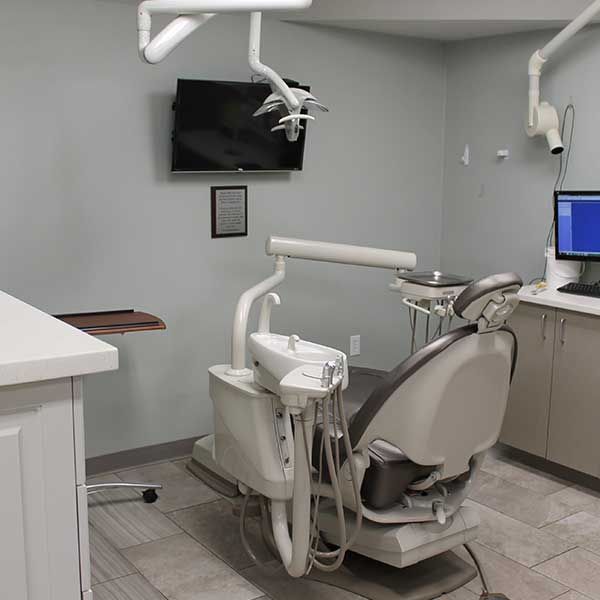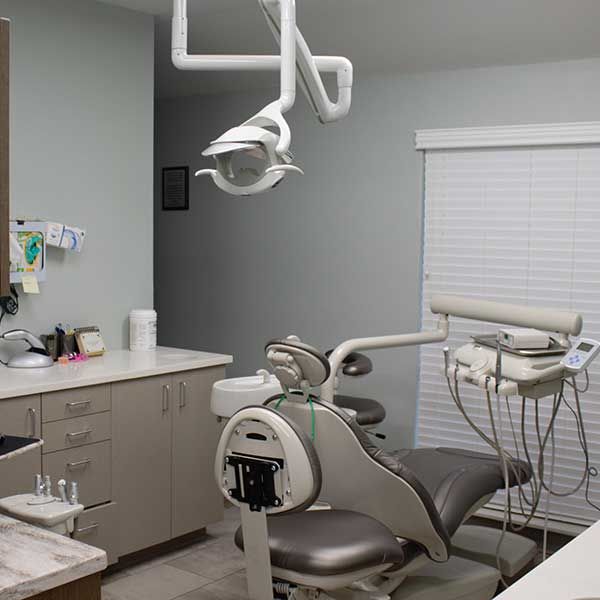Our Top Services

Greenwell Springs Family Dentistry
Welcome to Greenwell Springs Family Dentistry
You are probably well acquainted with places that talk about friendliness and high-quality services but in reality, they leave much to be desired. At Greenwell Springs Family Dentistry, it is not talk; it is how we do things. When searching for the best in dental care, excellent delivery of service, highly skilled dental professionals, and a relaxed and inviting atmosphere should be at the top of your list. You will find all this and more at Greenwell Springs Family Dentistry. We welcome you to a new level of dental excellence.
When you come into our office you will notice right away the difference in the ambiance. Our dental practice is designed with our patient's comfort and well-being in mind. A visit to our Central dentist can bring on feelings of anxiety for many people; however, a calm and serene environment along with a warm, caring staff can work wonders in alleviating apprehension. We understand that it is a privilege to serve our patients because the nature of the profession calls for trust and confidence. At Greenwell Springs Family Dentistry, you will find that your trust and confidence are well placed.
What our patients are saying...
DISCOUNT DENTAL PLAN
Know moreLocation
14127 Greenwell Springs Road,
Central, LA 70739
Office Hours
MON - WED8:00 am - 5:00 pm
THU7:00 am - 2:00 pm
FRI7:00 am - 12:00 pm
SAT - SUNClosed











